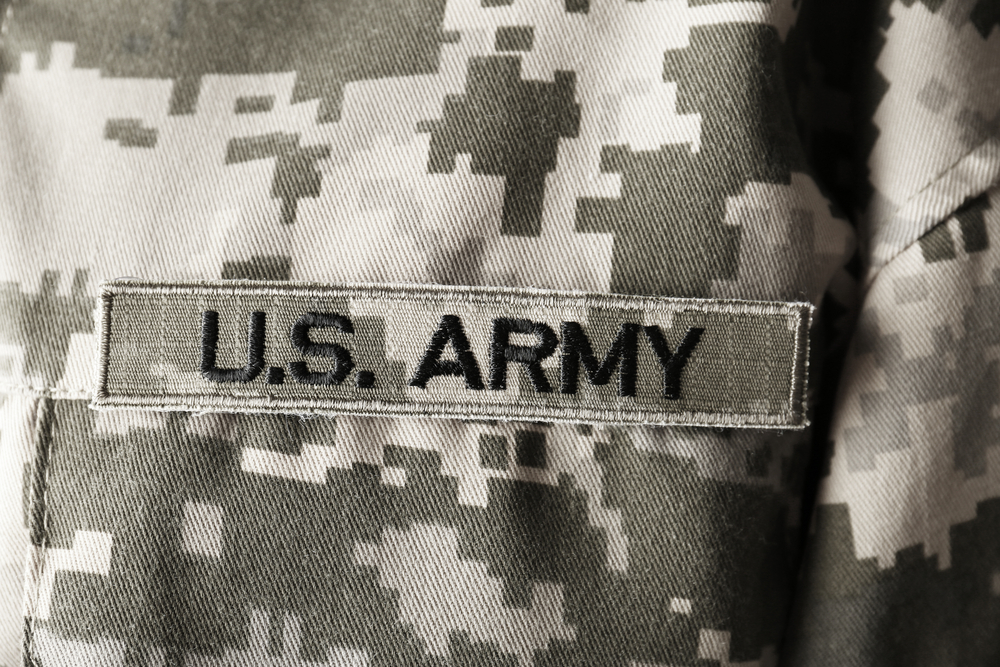VA Adds Radicava to its National Formulary for ALS Patients

The U.S. Department of Veterans Affairs (VA) has added Radicava (edaravone) to its national formulary (VANF), making it possible for veterans with amyotrophic lateral sclerosis (ALS) to access treatment within the VA’s healthcare system, according to Mitsubishi Tanabe Pharma America (MTPA).
The VANF is a list of drugs and supplies that are covered under the VA’s comprehensive medical care program. All products must be made available across the VA system so that veterans can access high-quality, best-value pharmaceutical therapies in a standardized way.
The VANF criteria follows the U.S. Food and Drug Administration’s approved labeling. All VA requests will be determined at the national level by a single team of experts, enabling cross-system consistency.
“The VA’s decision to offer broad coverage is a significant step to help veterans living with ALS,” Tom Larson, chief commercial officer of MTPA, said in a press release. “Veterans sacrificed for our country through their service, and we are pleased the VA has taken this important step for the ALS community.”
In clinical trials, people given Radicava experienced a 33 percent slower rate of decline in the loss of physical function when compared to placebo, as measured by the ALS Functional Rating Scale-Revised (ALSFRS-R) – a tool for monitoring the progression of disability in ALS.
Radicava was approved by the FDA on May 5, 2017, as a new treatment option for patients with ALS. MTPA announced in October 2017 that Radicava was available for purchase in the United States, bringing new hope to many patients.
Now, Radicava is also available for U.S. veterans.
“It is a great source of hope to not only see the FDA approve Radicava, but to also have the VA rapidly approve it for use in veterans,” said retired U.S. Navy Lt. Commander Matt Bellina, who was diagnosed with ALS. “This signals a great effort to uphold the sacred obligation to care for all of us who served.”
Estimates point to 5,000 to 6,000 Americans who are diagnosed with ALS every year. According to the ALS Association, a new report from experts convened by the Institute of Medicine agrees with prior conclusions that U.S. military veterans appear to have an increased risk of developing ALS.
Factors that might increase the risk of ALS in veterans include exposure to lead, pesticides or other environmental contacts, like use of tobacco, alcohol, or extreme physical activity. However, the expert committee called for new studies to further investigate the connection between ALS and military service, to examine which aspects of the military lifestyle might be more strongly associated with the disease.






